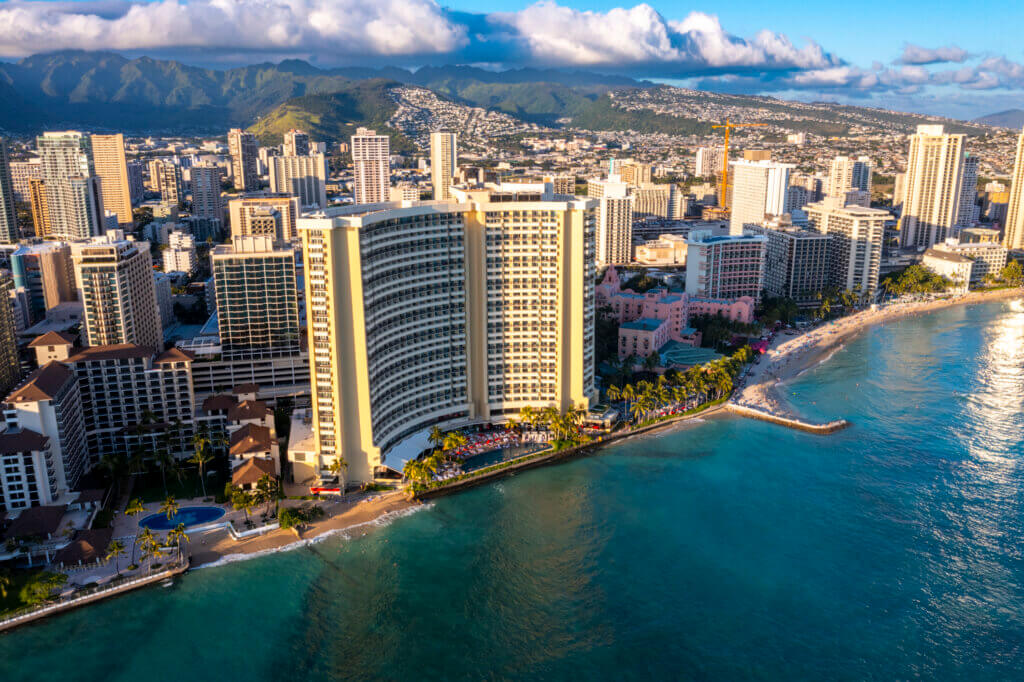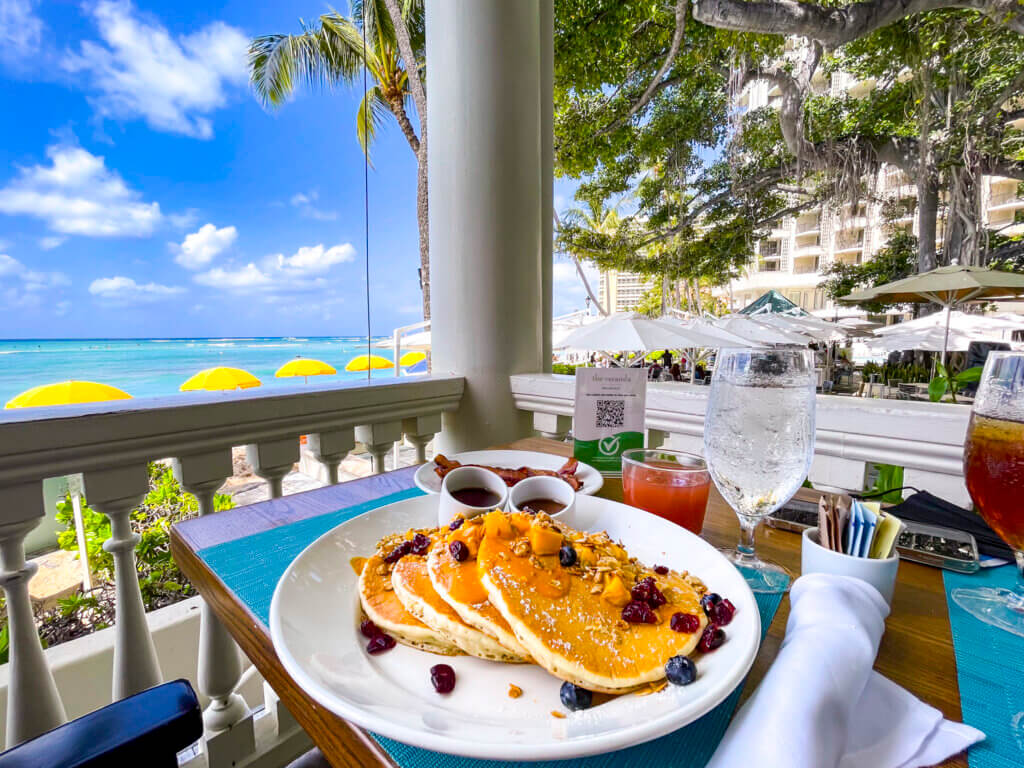Hot on the heels of a strike beginning at the Grand Wailea resort on Maui, Waikiki hotel workers voted to strike. Unite Here Local 5 held a strike vote late last week, and an overwhelming majority of affected members voted in favor of a strike, which will be bad news for visitors if an agreement with the union isn’t reached soon.
Many hotel workers in the islands are fed up. Cuts to staffing mean more work for those who are left without any additional pay. They also see tourism booming, but they haven’t seen much benefit from the post-pandemic upturn. Add to that the fact that life in Hawai’i is only getting more and more difficult each year, and it’s easy to see why these folks are disgruntled. They’re an important facet of our tourism-driven economy, yet many of them don’t earn a livable wage.
As such, contract negotiations haven’t been going well. The union isn’t saying what their specific demands are, but it seems that none of the hotel owners or management companies are willing to give in to their demands. So, Waikiki hotel workers voted to strike and are threatening to do just that if negotiations don’t improve.
Waikiki Hotel Workers Voted to Strike
On Thursday, August 8, around 5,000 Waikiki hotel workers voted to strike. Unite Here Local 5, the union representing these employees, states that 94% of their members at affected properties voted for the strike authorization. Their main demands are better pay and for hotels to reverse pandemic-era staffing cuts, which is in line with what the ILWU-represented employees at the Grand Wailea are asking for.
Without specifics, it’s difficult to say whether the demands being made are reasonable, though I do appreciate their struggles and think the hotels should do more for their people. We also don’t know when a strike may occur. However, what we do know is that the vote covered employees at the following properties:
- Hilton Hawaiian Village Waikiki Beach Resort
- Hyatt Regency Waikiki Beach Resort &Spa
- Moana Surfrider — a Westin Resort Spa
- The Royal Hawaiian, a Luxury Collection Resort
- Sheraton Princess Kaiulani
- Sheraton Waikiki
- Waikiki Beach Marriott Resort &Spa.
If these names sound familiar, it’s because many of them were embroiled in testy contract negotiations a couple of years before the pandemic, which led to a prolonged strike.
For those who experienced that strike first-hand, you may remember that housekeeping became a self-service affair and that front desk queues were so long that you often ended up in line for hours on end. However, even guests at other properties were impacted, as union members took to the streets as early as 5 am, including in areas near their respective properties, but also fronting others. For example, Sheraton Waikiki employees stood in the back of their property, but in front of Halekulani’s loudly banging on pots and pans. At 5 am.
Disingenous Data?
The union talking points are, in my opinion, a little disingenuous, as they use old information. But, I suppose that’s by design to “prove” why Waikiki hotel workers voted to strike. For example, following a section saying that 76% of Unite Here Local 5 members couldn’t handle a $500 unexpected expense and that 78% believe that hotel operators used the pandemic as an excuse to screw them, they go on to highlight hotel performance metrics.
Namely, they state that revenue per available room (RevPAR) was 23% higher in 2023 than in 2019, while the average daily rate (ADR) jumped 33% in that same period. While true, that was last year. 2024 has been a completely different animal. Sure, RevPAR and ADR are both up quite a bit compared to 2019, but RevPAR, ADR, and occupancy have been on a downward trend this year.
In fact, in June 2024, the statewide average RevPAR fell 5% compared to the same time last year. That places revenue at 19.5% higher than 2019. ADR that same month decreased by 3.7% year-over-year, which still made it 32.8% higher than in 2019. Then, looking at occupancy, that slid 1.2% year-over-year to 75.5% in June, which is actually 8.4% lower than it was in 2019. For its part, the union does say that staffing is down by 13% compared to 2019, so that metric is off there.
The U.S. experienced a cumulative inflation rate of 22.9% from 2019 to 2024. So, when we account for inflation, ADR is at about 10% above 2019 levels today, while RevPAR isn’t keeping pace with inflation. Drilling down further, Waikiki’s average RevPAR was 15.4% higher in June 2024 than in 2019 an ADR that was 18.4% higher. On the occupancy front, Waikiki is doing much better than the state average at 85.9%, so, yeah, having staffing remain so much lower is not good, but we can clearly see that hotels are feeling the squeeze, too. And that’s concerning as the current projections from UHERO and DBEDT show tourism stagnating or declining, at least through early next year.
Given this, I’m sure that negotiations stalled, leading to the fact that Waikiki hotel workers voted to strike because, like last time, the union is making outlandish demands, and the hotels can’t or won’t give into them. Again, I get the union members’ needs, but hotels must be profitable, and they can’t keep raising rates because people simply won’t come if they do. We’re already seeing demand softening here and pricing along with it.
Waikiki Hotel Workers Voted to Strike, Final Thoughts
Now that Waikiki hotel workers voted to strike, anyone planning to stay at one of the affected hotels in the next few months should pay close attention to this or should rebook at a different property. Your stay will be miserable if a strike goes through. Heck, based on what happened last time, it may be worthwhile to choose a property not near those listed above. Examples of these would be the Prince Waikiki, The Laylow Waikiki, and the Hyatt Centric Waikiki, among others.


